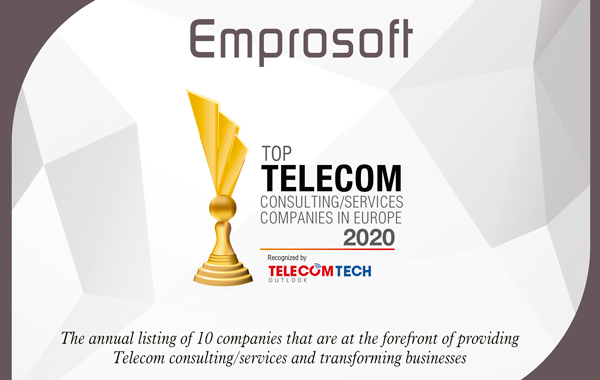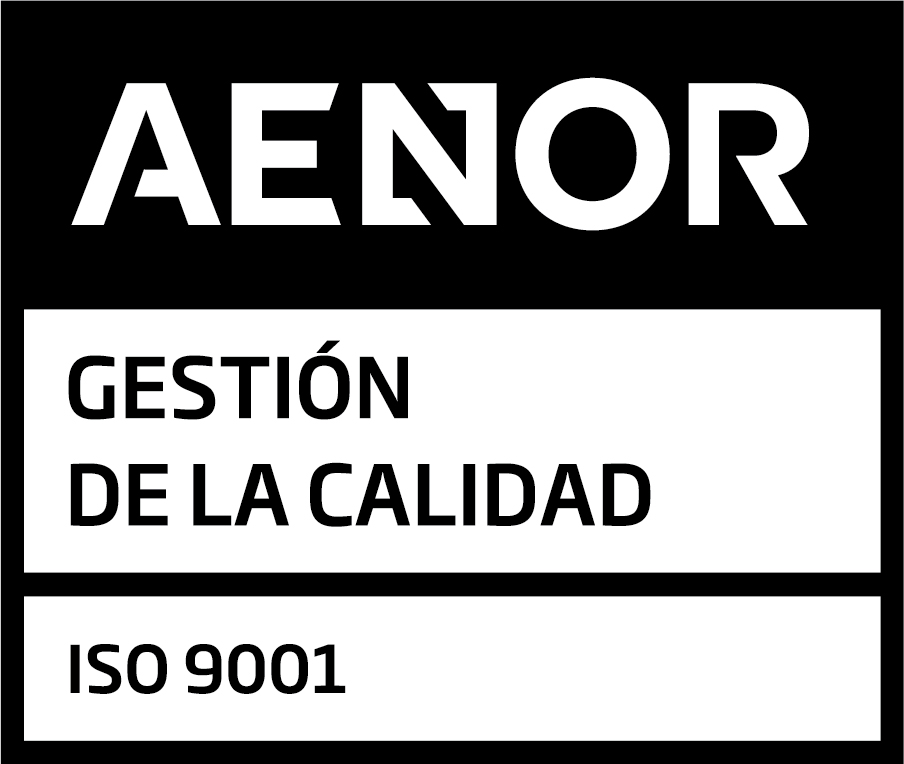The US-China telecommunications war continues.
The US Federal Communications Commission has revoked the telecommunications operator license of China Telecom, one of China’s largest telecommunications companies, due to alleged threats to national security.
This post is about ...
The precedents.
Washington’s veto of Chinese companies for alleged suspicions of espionage is long-standing.
To give a few examples, and not of a direct veto by the US but because of trying to influence other countries, last year there were two incidents between these two world powers: in Europe, to avoid Chinese companies in the deployment of 5G; and in the United Kingdom, limiting the use of its 5G network. In both cases, the company involved was Huawei.

National security.
The White House states that China Telecom, which must stop providing services in the country within 60 days, is controlled by the Chinese Government and allows them to access, store, disrupt, and divert US communications, as well as to have control over spying and other activities harmful to the US.
Reactions from Beijing.
China Telecom has been operating in the telecommunication sector in the United States for almost 20 years. On the part of the company, the position adopted has been described as something very disappointing. In a statement, they assured that they plan to pursue all available options and continue to serve their US clients.
The Chinese Government, on its side, and specifically through its spokesman of the Ministry of Trade, Shu Yuting, has stated through a press conference that this veto is a “generalisation of the concept of national security, abuse of power and malicious repression against a Chinese company without a factual basis”, and that its Government is seriously concerned about the policies of the White House, since they “violate the market principles”.
Espionage or economics?
Is this veto a matter of national security and espionage? In other words, is it a matter of eliminating all the possibilities of the Chinese Government to access sensitive information? Or is it an economic-commercial issue to avoid and limit the growth of the Chinese multinational companies, many of them intervened by their Government? Or both options?

Brussels will mediate the conflict between operators and large technology companies.
From Brussels they intend to mediate in the conflict between operators and technology giants over the financing of new infrastructures.

How to get the best phone rates in the market?
Here are four tips to help you find the rate in the market that best suits your needs and budget.

Consultation prior to the EU regulation on shared network costs.
The European Commission will perform a public consultation to shortly legislate on shared network costs.

Eliminating roaming costs thanks to the Spanish start-up Holafly.
Holafly, through an eSim, allows users to connect to the network of a local telephone service provider when abroad.

Movistar’s price increase in January.
Spanish Movistar’s customers will face higher prices from next January, the telecom operator has recently announced an price increase.
 Solutions for Telecom Expense Management, which does not depend on operators, since 1985.
Solutions for Telecom Expense Management, which does not depend on operators, since 1985.


Solutions for Telecom Expense Management, which does not depend on operators, since 1985.
© 2023 Emprosoft, S.A. | Legal Notice | Privacy Policy


0 Comments